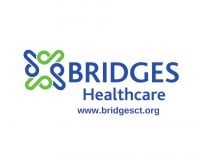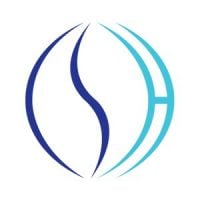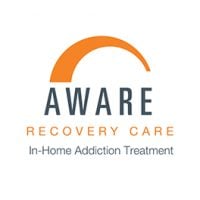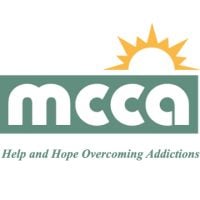Local Drug Addiction Treatment Programs in Milford, CT
Milford, Connecticut is no stranger to drug addiction and abuse problems. The city has seen its share of overdose deaths, as well as other negative consequences associated with drug addiction. However, there are also several local drug addiction treatment programs available in Milford that can help those affected by addiction get the help they need.
One of the most common types of drugs abused in Milford is heroin. Heroin is a powerfully addictive drug that can quickly lead to addiction and dependence. Other drugs that are commonly abused in Milford include marijuana, prescription painkillers, cocaine, and methamphetamine.
Below we list all of the finest addiction rehab services and centers, each of them with special characteristics of their own. There’s opportunity for rehabilitation and a better future with a variety of drug and alcohol treatment services offered throughout the state, here’s what we have for Milford.
Contact Our Admissions Expert Hot-Line
We will help you find treatment based on your location, budget, and specific needs and help you get started safely.
Free + Confidential Consultation
Browse 4 Centers in Milford, Connecticut

The Catholic Charities - Family Service Center - Milford is a non-profit organization that provides a range of services, including addiction treatment, to individuals, couples, and families from all backgrounds and beliefs.
- Residential
- OP
- IOP
- Dual-Diagnosis
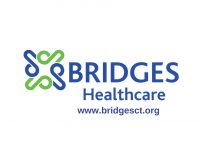
Bridges A Community Support System is a substance abuse and addiction treatment center that uses evidence-based practices and provides tailored treatments to help individuals and their families overcome addiction and maintain healthy relationships, with accreditation and recognition from various organizations.
- OP
- Dual-Diagnosis
Bridges Healthcare has been providing successful addiction treatment for over 60 years, offering a variety of services such as Aftercare Support, Drug Rehab, Dual-Diagnosis, Intensive Outpatient, and Outpatient Levels of Care with private health insurance accepted.
- OP
- IOP
- Dual-Diagnosis
- Aftercare
Summary: Catholic Charities - Family Service Center is a well-respected drug rehab in Connecticut offering comprehensive, personalized treatment programs and aftercare services to individuals recovering from opioid, substance abuse, and other addictions.
- OP
- IOP
- Aftercare
Drug & Alcohol Rehab Facilities near Milford, Connecticut


Drug and Alcohol Treatment in Milford, CT
Drug rehab centers in Milford offer a wide variety of therapies and treatments for people who are addicted to drugs. These centers can be a great option for those who are looking for professional care and support.
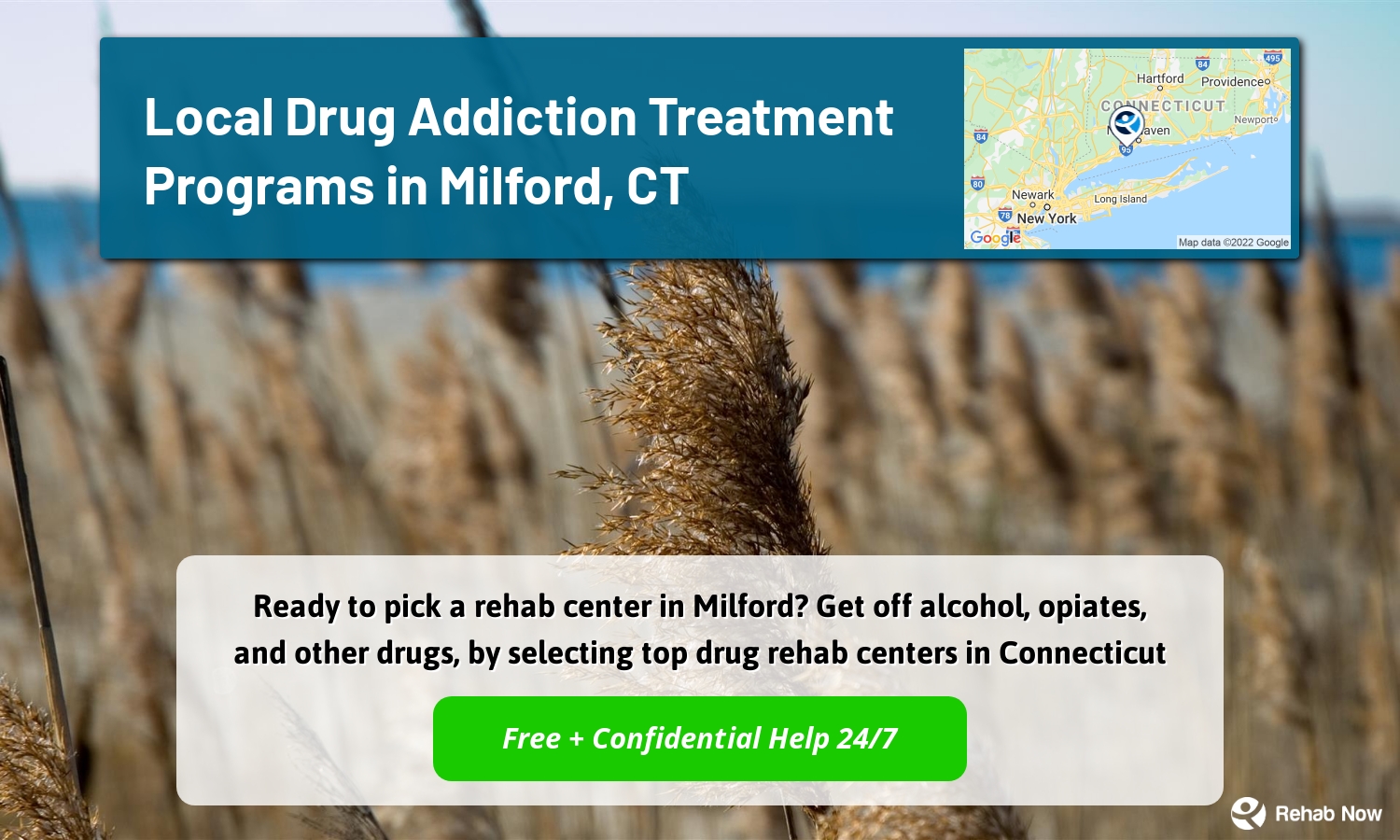
What Types of Treatment Are Available in Milford, Connecticut?
There are a number of different drug treatment options available in Milford, Connecticut. Some of the most common include inpatient and outpatient rehab programs, 12-step programs, and detox services.
Inpatient rehab programs offer residents a safe and structured environment where they can focus on their recovery. These programs typically last for 28 to 30 days, though there are some longer-term programs available.
Outpatient rehab programs allow people to continue living at home while they receive treatment. This type of program is a good option for those who have a stable home environment and are able to commit to regular treatment sessions.
12-step programs are free and voluntary self-help groups that can be helpful for those in recovery. These programs are based on the 12 steps of Alcoholics Anonymous.
Detox services are necessary for those who are addicted to drugs and need to withdraw from their drug of choice. Detox services can be provided in an inpatient or outpatient setting.
Drug Abuse Statistics in Milford, Connecticut
While drug addiction can affect anyone, it tends to disproportionately impact certain groups of people. For example, about 35.5% of Milford’s population who are addicted to drugs are aged 18 to 25. Additionally, males are more likely to become addicted to drugs than females.
According to survey data, about 9% of Milford residents have used an illicit drug in the past month. Additionally, 3% of Milford residents have used heroin at least once in their life. This data underscores the seriousness of the drug addiction problem in Milford.
- About 42% of Milford residents who are addicted to drugs also have a mental health disorder.
- 29% of people who are addicted to drugs in Milford also have a problem with alcohol.
- Heroin is the most commonly cited drug of choice for 38% of people who are in treatment.
- 23% of people who are in treatment for drug addiction report that their first drug was marijuana.
Additional Treatment Centers in Connecticut
Connecticut has a higher rate of substance abuse and addiction than the national average. The state ranks in the top 10 in the country for illicit drug dependence among those ages 18 to 25. In 2010, there were 9,211 people admitted to an alcohol treatment facility for alcohol abuse combined with a secondary drug. Connecticut ranked fifth in the United States of America for the number of fatalities involving drunk driving in 2014.
Still haven't found the right recovery center? Browse nearby Connecticut cities.
- Litchfield, CT (36.8 mi.)
- Windsor, CT (48.5 mi.)
- Bridgeport, CT (7.3 mi.)
- Milford, CT (0.5 mi.)
- Chester, CT (32.5 mi.)
- Danbury, CT (23.5 mi.)
- Bloomfield, CT (45.0 mi.)
- Colchester, CT (45.0 mi.)
- Derby, CT (6.8 mi.)
- Madison, CT (25.8 mi.)
- Waterbury, CT (23.1 mi.)
- Fairfield, CT (11.9 mi.)
- New Haven, CT (51)
- Hartford, CT (46)
- Bridgeport, CT (35)
- Waterbury, CT (31)
- Norwalk, CT (25)
- New Britain, CT (24)
- Middletown, CT (22)
- Norwich, CT (16)
What Is the Relationship Between Drug Abuse and Mental Illness?
Many people who are addicted to drugs also have a mental health disorders. This is known as dual diagnosis or co-occurring disorders. When both disorders are treated together, it can be much more effective than when they are treated separately.
Some common mental health disorders that occur alongside drug addiction include:
- Anxiety disorders
- Depression
- Post-traumatic stress disorder
- Bipolar disorder
Dual diagnosis disorders are quite common. In fact, it’s estimated that about 50% of people who are addicted to drugs also have a mental health disorder. You should get specialized treatment if you suffer from a dual diagnosis disorder.
What Are the Requirements for Drug Abuse Treatment?
If you are seeking drug abuse treatment, it’s important to know what the requirements are. In most cases, you will need to provide proof of your addiction. This can be done through a number of means, such as a substance abuse assessment, toxicology screening, or drug test.
You may also be required to provide information about your medical history and current health. This is to help the treatment center determine if you are a good candidate for their program and to ensure your safety during treatment.
However, there are some general requirements that are common to most drug abuse treatment programs. These include:
- Proof of addiction
- Proof of residence in the treatment area
- Proof of insurance or ability to pay
- Age requirements (usually 18 or older)
What If I Have No Insurance and I Can’t Afford Treatment?
If you have no insurance or you can’t afford treatment, don’t worry. There are a number of programs that offer free or low-cost drug abuse treatment. You can also check with your state or local government to see if they offer any subsidies or financial assistance for drug abuse treatment.
There are also a number of private organizations that offer scholarships or grants for drug abuse treatment. Be sure to research your options and apply for any scholarships or grants that you may be eligible for.
What If I’m Afraid to Enter Rehab?
If you are afraid to enter rehab, you are not alone. Many people feel this way. However, it is important to remember that a rehab is a safe place where you can receive treatment for your addiction.
Rehab centers offer a variety of therapies and treatments that can help you overcome your addiction. They also offer a supportive environment where you can make new friends and connect with others who are going through the same thing.
You can also talk to your doctor or therapist about your fears. They may be able to provide you with some helpful tips on how to overcome your fear of rehab.
If you still don’t feel comfortable entering rehab, there are other options available for you. You can consider attending an outpatient program or seeking treatment from a therapist.
What If I Relapse After Entering Rehab?
It is not uncommon to relapse after entering rehab. In fact, most people do experience a relapse at some point. However, it is important to remember that relapse is not a failure. It is simply a setback.
If you relapse after entering rehab, don’t give up. You can always seek treatment again. The important thing is to keep trying. You can also connect with other people who have relapsed to get support and advice on how to overcome your relapse.
I’m Ready to Get Help for My Drug Addiction. What Should I Do Next?
If you are ready to get help for your drug addiction, the first thing you should do is research candidate rehab centers. Be sure to research the center’s credentials, reviews, and treatment methods.
You can determine if a rehab center is right for you by reading reviews and talking to others who have gone through treatment. Accreditation from organizations such as the Joint Commission on Accreditation of Healthcare Organizations (JCAHO) is also a good indicator of quality.
Once you have chosen a rehab center, you will need to contact them and schedule an appointment. Most centers require a consultation before you can begin treatment. During this consultation, you will have a chance to meet with a counselor and discuss your addiction.
You may also be assessed to determine if you are a good candidate for their program. This is to ensure your safety and the success of your treatment.
If you have any questions or concerns, be sure to talk to your counselor. They will be able to answer any questions you have and help you feel comfortable with the treatment process.
Ready to pick a rehab center in Milford? Get off alcohol, opiates, and other drugs, by selecting top drug rehab centers in Connecticut (888) 674-0062.
